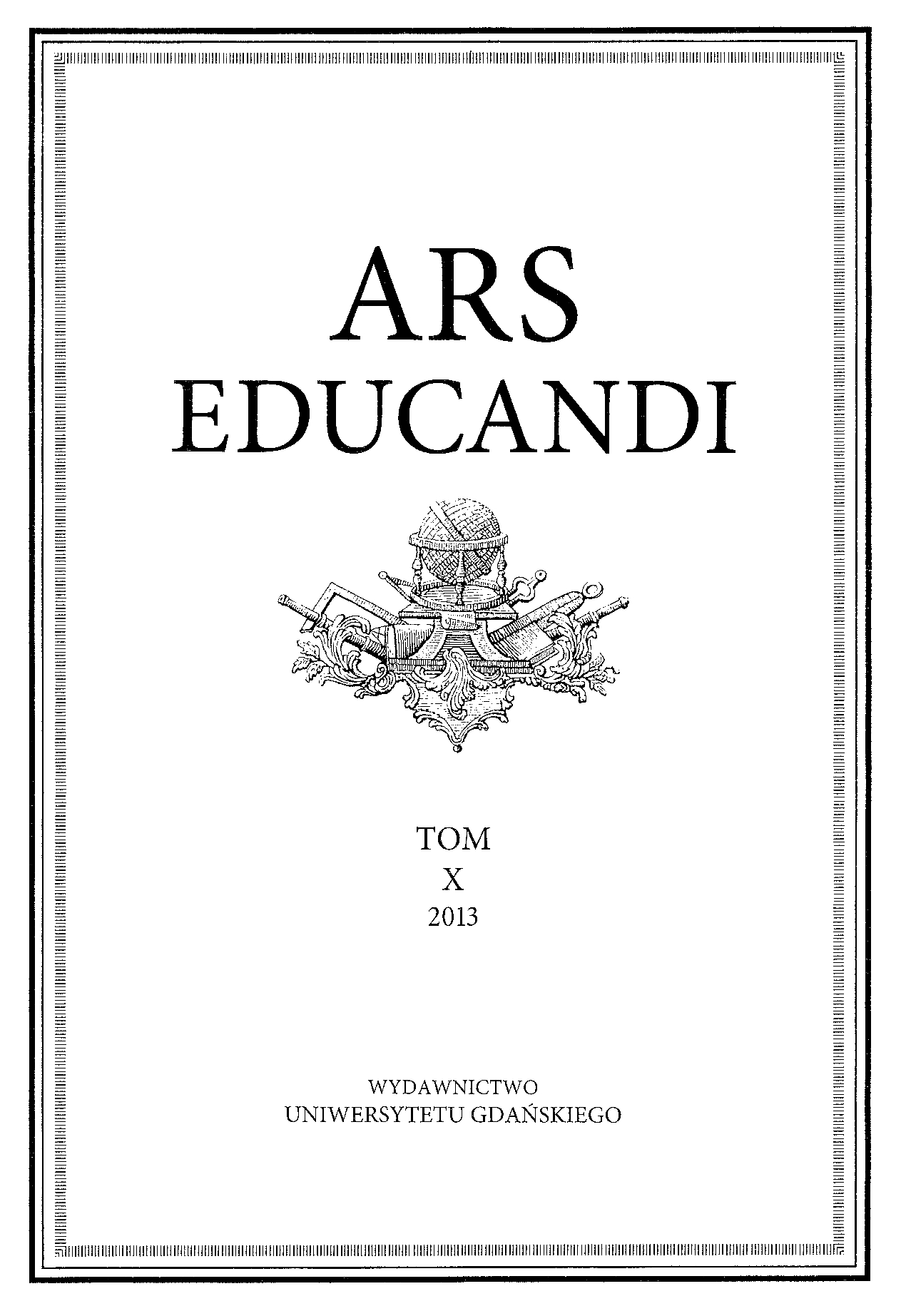Children within Mobile Technology: Interacting and Learning
DOI:
https://doi.org/10.26881/ae.2013.10.03Keywords:
children, mobile technologies, mobile learning, schoolAbstract
This article analyses the research question of how learners utilize hand-held mobile technology for learning of children. Mobile technology is an „anywhere, anytime”, creative learning tool that has the potential to support the development of self-regulated learners. The article examines user defined utilization of the mobile technology in elementary education settings: a comprehensive examination of the integration of digital mobile technology in an elementary school. Specific student use, independent of prescribed teacher use, is considered in examining the self-regulated learning supported by the mobile technology.

English proofreading: Anna Moroz-Darska
Modernisation of the journal's operations and translation into the English language of articles published in Ars Educandi in 2012-2017 were financed with funds from the Ministry of Science and Higher Education as a part of the task Science Promotion Activity (pl. DUN).
The task ‘The implementation of the editorial module on the platform of Uniwersyteckie Czasopisma Naukowe – a system facilitating the editing and management of the academic journal Ars Educandi‘ was financed as a part of contract 661/P-DUN/2018 of 12.06.2018 from funds of the Ministry of Science and Higher Education designated for the promotion of science.
The task ‘The creation of a modern online version of the academic journal Ars Educandi through the implementation of the publication module on the platform of Uniwersyteckie Czasopisma Naukowe and the handling of international indexing databases’ was financed as a part of contract 661/P-DUN/2018 of 12.06.2018 from funds of the Ministry of Science and Higher Education designated for the promotion of science.
The task ‘Preparation of the English language version of the last 6 annual issues (2012-2017) of the academic journal Ars Educandi and their publication online’ was financed as a part of contract 661/P-DUN/2018 of 12.06.2018 from funds of the Ministry of Science and Higher Education designated for the promotion of science.

 Academic Scientific Journals
Academic Scientific Journals




